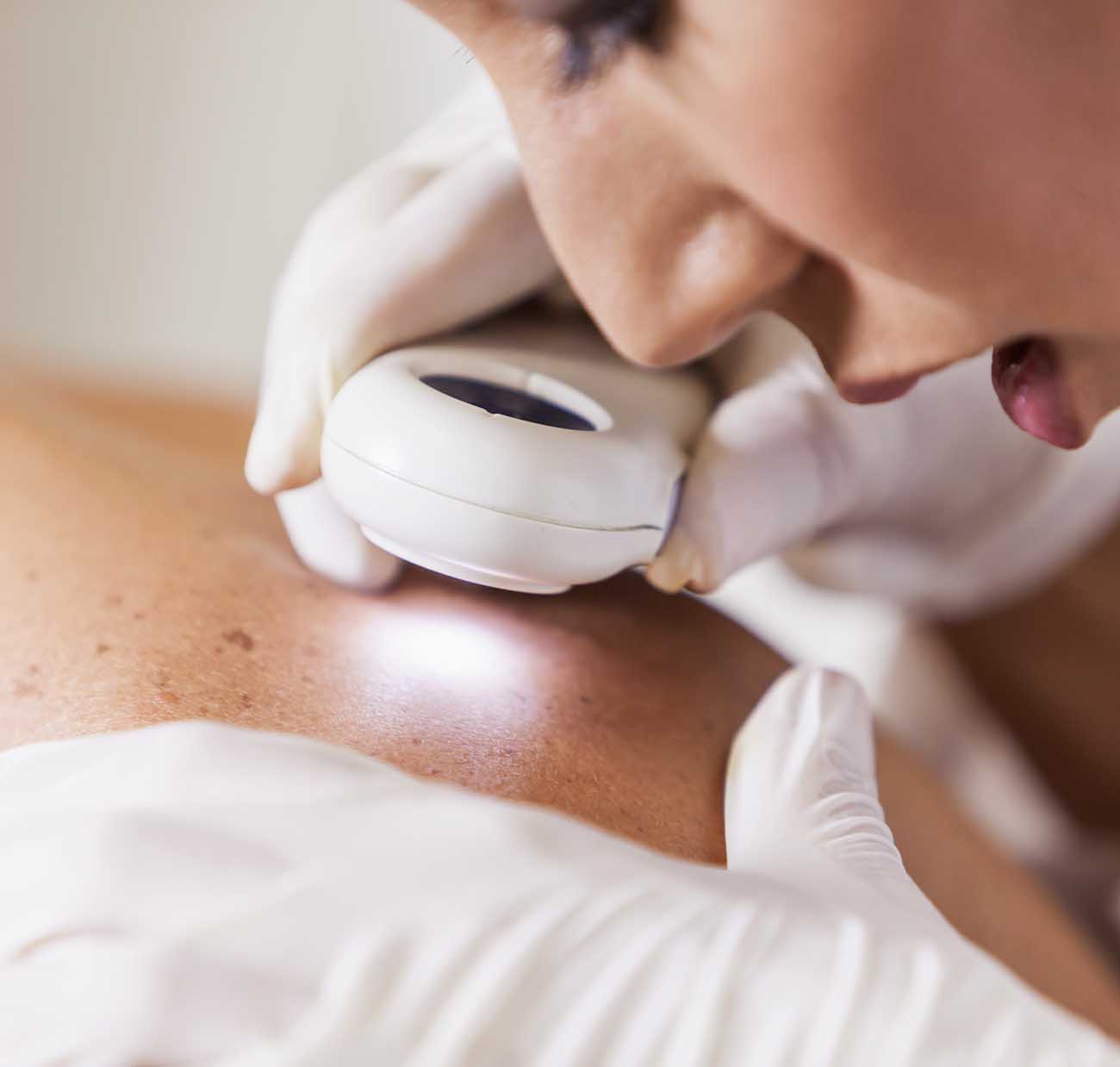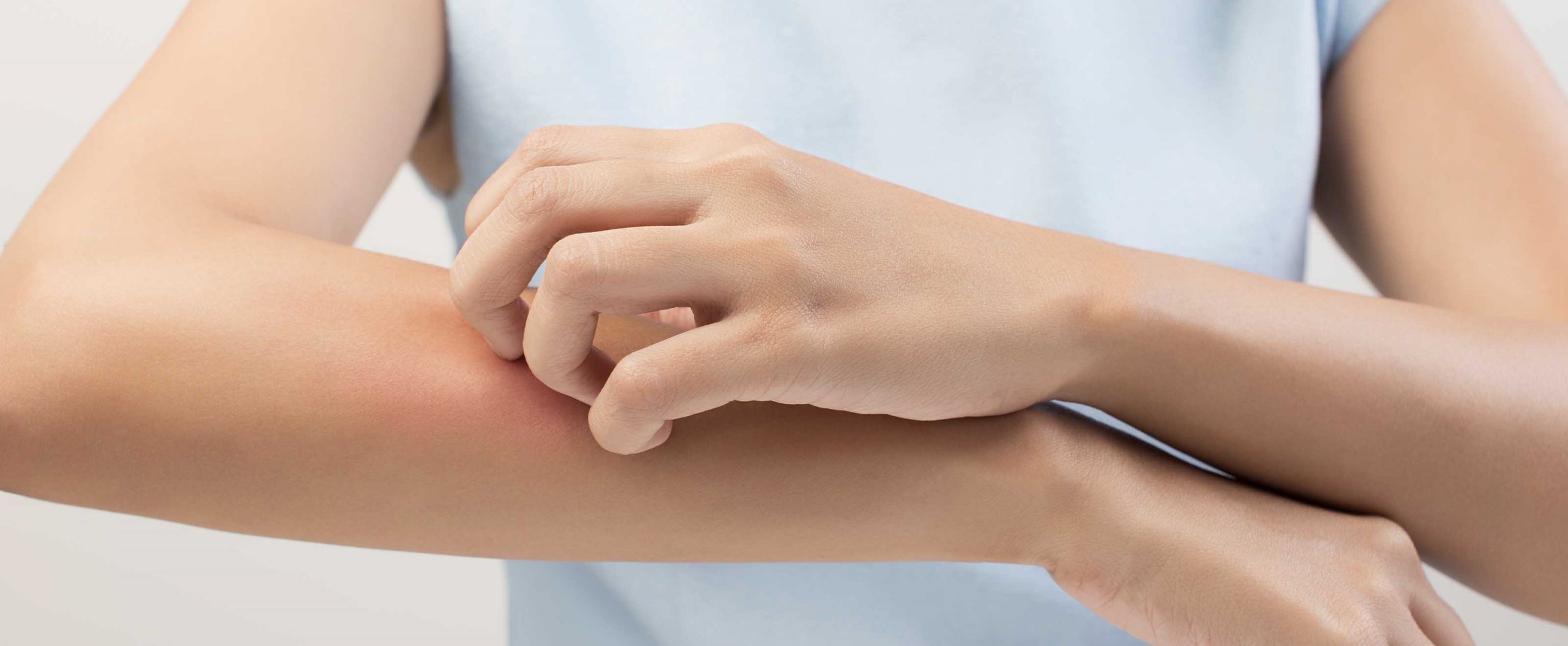Skin allergy testing
Remove skin allergy misery through trigger testing, identification, and avoidance
Allergies are common and range in severity; from irritating to life threatening. Allergy symptoms include a runny nose, a rash, nausea, wheezing, or even a dangerous swelling that blocks the airways. Finding out your allergy triggers will help you avoid aggravating factors in the future, and live your life free from allergy worries and symptoms.
Skin allergy testing should identify the triggers and causes of your allergies. It will enable you to avoid triggers, and consequently avoid medical treatment for your allergies. We will discuss the details of your allergy test with you during the consultation. You will have the test fully informed of what will happen, the sort of results you can expect, as well as how long it will take for you to get these results. We will create a full allergy management plan for you.


Consultation
- Detailed history of your skin concern
- Total skin examination
- Holistic assessment of your health
- Diagnosis
- Discussion of treatment options
- Personalised treatment plan
- Treatment
FAQs
The test itself depends on the allergy symptoms you have. We may need to perform a patch test, a skin prick test, or a blood test. We may also advise on how you can make dietary or lifestyle changes to avoid your allergy.
See answer

If you display skin allergy symptoms when you eat certain foods, or go near certain fabrics or chemicals, then you are likely to have an allergy.
See answer

Common food allergy triggers include peanuts, eggs, lactose products, and particular additives.
See answer

Yes, some medicines do cause skin allergies. When you visit us for your consultation we will look into any medication you are taking with a view to assessing whether it is causing an allergic reaction.
See answer

Common allergy triggers within the house include mould, dust mites, certain cleaning products and animal fur.
See answer

Allergy treatment ranges from life saving auto-injectors (EpiPens) to steroids and antihistamines, depending on what your allergy triggers are. But the more you prevent your allergy, the less medical intervention you’ll need.
See answer

Skin itchiness can be a symptom that you are having an allergic reaction. Ongoing skin problems such as psoriasis and eczema can also cause similar skin discomfort
See answer

Some skin conditions do require antibiotics. We will advise you on the appropriate medication once we have assessed you.
See answer



